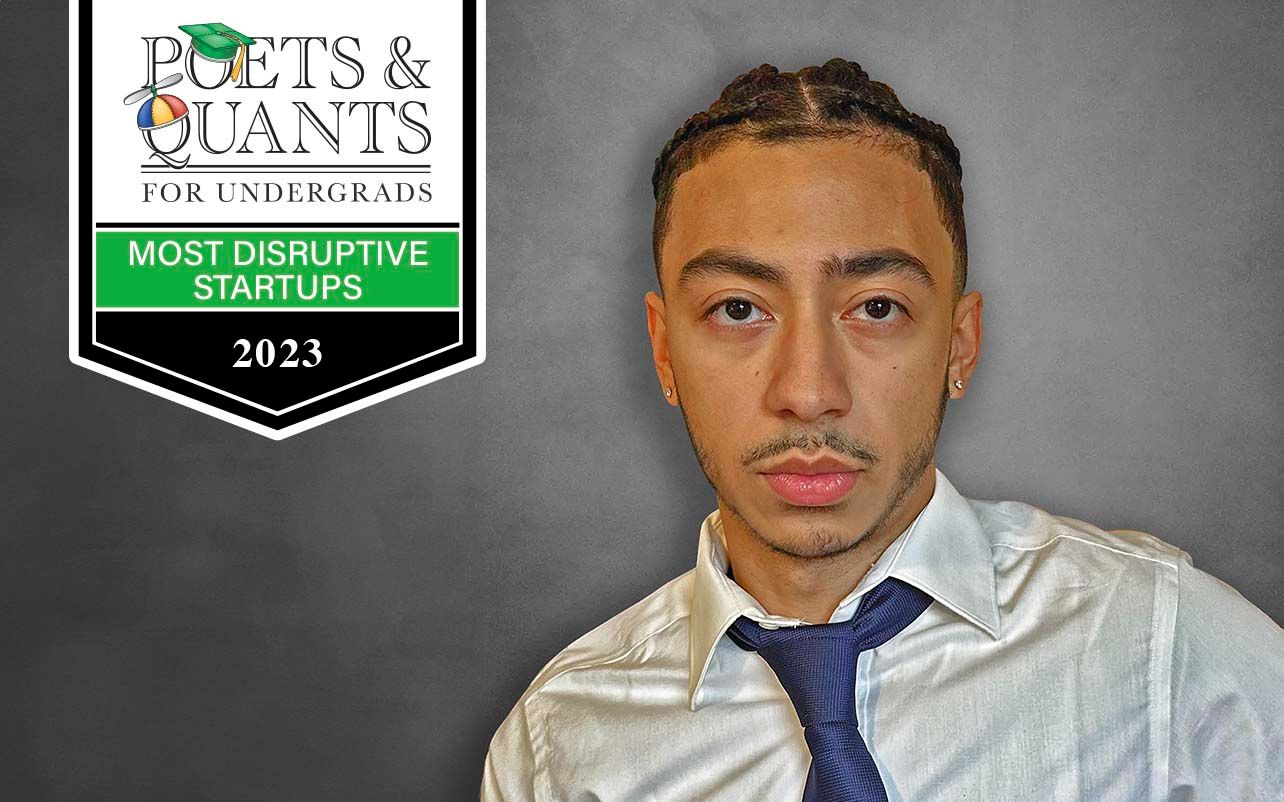Clutch
Carnegie Mellon University, Tepper School of Business
Website Link: clutchcarmgmt.com (currently not available due to mobile app development)
Industry: Automotive Services
Founding Student Name(s): Isaiah Rodgers
Brief Description of Solution: When a driver requests roadside assistance, they will wait, on average, an hour-and-a-half for their roadside assistance provider to arrive. Clutch is seeking to solve this problem by enlisting gig workers to complete roadside assistance services. These include flat tires, dead batteries, gas replenishing, and lock outs. Gig workers, those who drive for Uber, Doordash, Instacart, and others are already on the road. This means that they can arrive at drivers in need in a substantially less amount of time.
Funding Dollars: $10,000
What led you to launch this venture? Back in 2021, I was delivering orders through Doordash. Because I was always driving around, I noticed many people pulled over on the side of the road with flat tires or dead batteries. These were quick fixes that I knew how to handle, so I went to my local hardware store to purchase tools such as a car jack, jumping cables, and a lockout kit. Whenever I was driving around and saw someone waiting for their roadside assistance provider, I would offer my services. Most of the time they agreed because a driver’s main concern in getting back on the road as soon as possible. Since then, I’ve been working to scale this business: a gig work service for roadside assistance that reduces wait times significantly. The key factor is that drivers for Uber, Doordash, Instacart, and others – are already driving on the road. They’re dropping us off to our destinations and acting as couriers for our food and groceries. It’s time to let them help us get our vehicles back on the road.
What has been your biggest accomplishment so far with venture? Getting first place in the Swartz Center’s McGinnis Venture Competition at Carnegie Mellon University was a huge accomplishment for us. The McGinnis Venture Competition is a three-round pitch competition spanning over two months for Carnegie Mellon startups. Throughout the process, my team was able to receive extremely helpful feedback from industry judges. The final round of the competition was a live pitch and we were able to wow the judges with our unique pitch.
How has your business-related major helped you further this startup venture? As a start-up founder, you must be a jack-of-all- trades. You must be versed in all aspects of your business. This ranges from marketing, to finance, to economics, to product management, to consumer behavior – the list goes on. The Tepper School of Business provides a large catalog of courses that span many different types of industries. Being able to strategically take away important information from each course and figure out how to apply it to my startup has been helpful in furthering my venture.
Which business class has been most valuable in building your startup and what was the biggest lesson you gained from it and what business professor made a significant contribution to your plans? I would like to answer these two questions simultaneously. Intro to Entrepreneurship has been the business class most valuable in building my startup. Dave Mawhinney was my professor for that course, and he has made significant contributions to my plan. While I did learn valuable information in Intro to Entrepreneurship, I believe it was the connections that I made and the exposure to the Swartz Center startup ecosystem that made it the most valuable. In this course, I was able to meet Dave, executive director of the Swartz Center for Entrepreneurship. Dave’s insights as a serial entrepreneur and enthusiasm as a professor were motivating factors to pursue my own entrepreneurial journey. Through this course and conversations with Dave, I was introduced to the Innovation Scholars, a yearly cohort of Carnegie Mellon juniors interested in pursuing entrepreneurship and startups. And that was just the tip of the iceberg of all the resources that the Swartz Center has to offer. Overall, the biggest lesson I learned was to be tenacious and take full advantage of opportunities presented to you.
What founder or entrepreneur inspired you to start your own entrepreneurial journey? How did he or she prove motivational to you? Mark Cuban inspired my own entrepreneurial journey over a decade ago when he appeared on Shark Tank. I remember religiously watching episodes and quizzing myself on equity valuations at 10 years old. I’ve always been drawn to entrepreneurship – from selling candy to classmates and undercutting vending machine prices to selling custom t-shirts. Mark Cuban and the Shark Tank platform showed me with just how little you can start something and how much potential it has to grow.
What is your long-term goal with your startup? The long-term goal for my startup is to be the nation’s go-to provider for roadside assistance. I believe we have all become accustomed to current roadside assistance solutions taking a long time and ‘That’s just the way it is’. However, I believe that as our nation develops with a new generation of drivers looking for easier solutions coupled with the rise of the gig work economy, Clutch is a viable solution to this dreaded problem.
How has your local startup ecosystem contributed to your venture’s development and success? Both the local startup ecosystem at Carnegie Mellon and the Pittsburgh startup ecosystem have contributed to my venture’s development and success. Both have provided me with a plethora of opportunities from pitch competitions, to networking events, to speaker series with industry leaders. Pittsburgh is filled with resources at anyone’s disposal to use and take advantage of.
DON’T MISS: THE MOST DISRUPTIVE BUSINESS SCHOOL STARTUPS OF 2023












Questions about this article? Email us or leave a comment below.